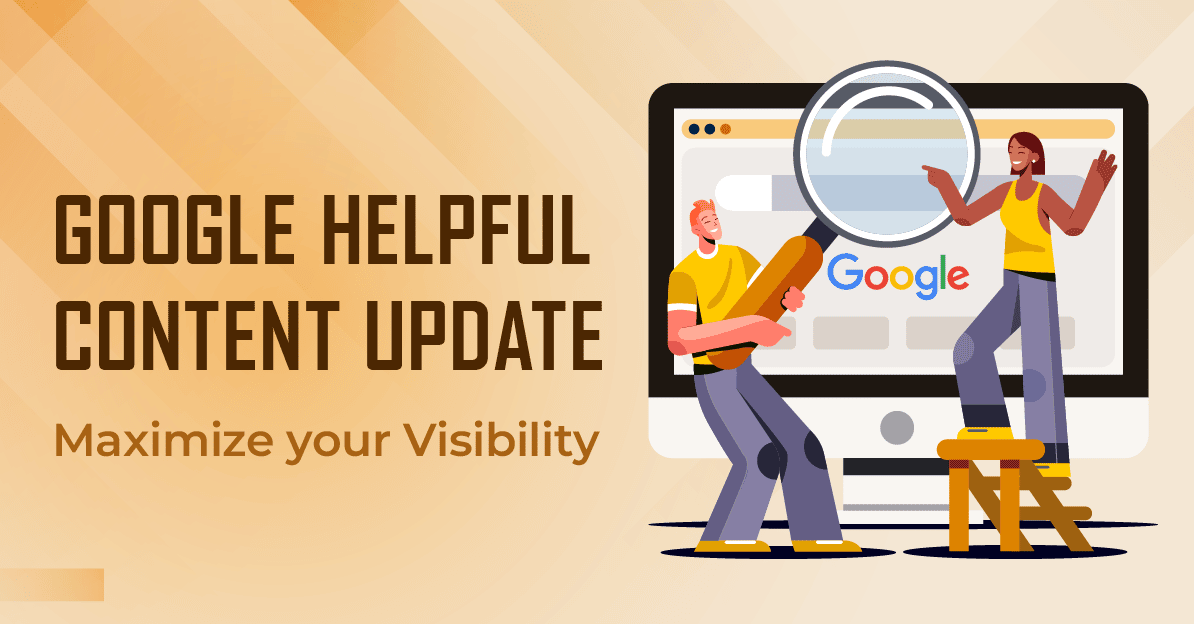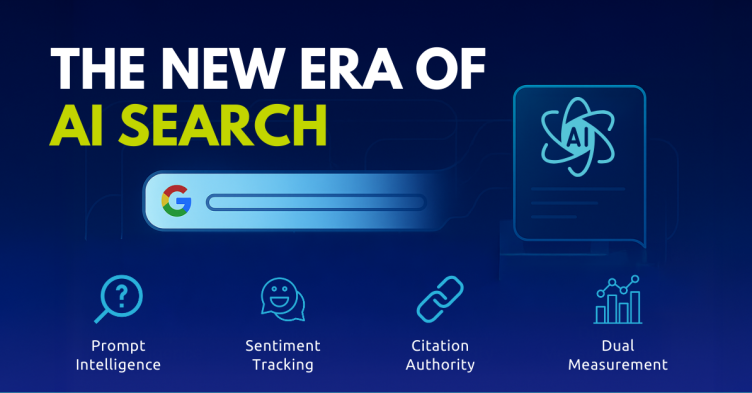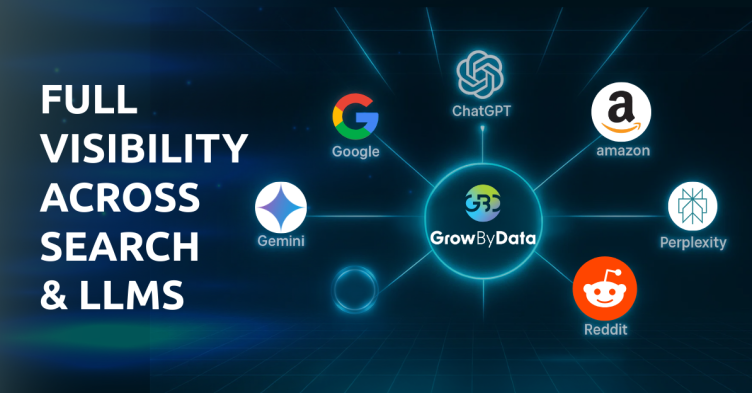Google has always strived to provide the most relevant, valuable, and high-quality content to its users. In their latest update, Google is introducing the “Helpful Content Update” to further strengthen their goal of helping people find more helpful and informative content.
Google’s “Helpful Content Update” aims to prioritize valuable and original content, enhancing the search experience for users. The update rewards websites that create content meant for people, not just search engines. This shift in Google’s algorithm focuses on content quality, user experience, and overall website value, rather than just keywords and backlinks.
With this update, low-quality, repetitive, and spammy content will be less likely to rank high on the SERP. Instead, helpful, informative, and original content will receive higher visibility in search results. This positive development ensures users can easily find high-quality content that meets their needs and discourages websites from trying to manipulate search rankings with subpar content. The “Helpful Content Update” reflects Google’s commitment to providing relevant and valuable content to its users.
The update was rolled out during the week of August 22nd, with Google providing further details on its blog.
Initially, the rollout will apply solely to Google Search and will exclusively affect English language pages. However, Google has plans to extend the update to other languages in the future.
The Impact of Google’s Helpful Content Update
This update is sitewide, impacting not only SERP feature rankings or URL rankings but the entire website. In the coming weeks, the algorithm will assess all pages to determine the helpfulness of the content. If unhelpful content is found on your site, it may lead to penalties. Google has not disclosed the severity of the penalty for unhelpful content or the specific threshold for receiving the penalty.
Google has indicated that online educational materials, entertainment, shopping, and tech-related content could be the most impacted. We will closely analyze the SERP changes over the next few weeks and share our findings in our upcoming article. Key areas of focus include:
- Impact on the types of SERP features displayed (e.g., more People Also Ask and fewer Top Stories).
- Identification of content moving up or down the ranks.
- Changes in SERP titles.
- Components above the fold before and after the update.
- Industries or categories experiencing the most changes.
- Identifying the biggest winners and losers based on rank fluctuations in the coming weeks.
We firmly believe that behavioral data will play a critical role in tracking, monitoring, and optimizing content. The new helpful content update will consider metrics such as session time, bounce rate, exit percentage, and more to assess the helpfulness of the content.
What can you do to avoid facing issues?
- Create content focused for people instead of the search engine
Start with the customer in mind. Put out content that is written for actual people and not explicitly built to align with best practices of SEO. SEO can be used as a critical part of the content creation process in terms of keyword research, topic selection, competitive analysis, etc. This way your content is more focused on the user rather than the search engine.
- Tailor your content to the user’s needs
Offer the essential information related to the user’s subject or query. Ensure the reader feels content and informed after reading without the need to explore other content.
- Demonstrate your expertise
Focus on creating content in which you are the subject matter expert. Google’s EAT criteria (expertise, authoritativeness, and trustworthiness) favors content that demonstrates these three qualities over time.
- Prevent zombie pages
Zombie pages are low-traffic or irrelevant pages buried deep in search results, rarely visited. Update or optimize such pages as they might contain outdated content, and consider removing or redirecting those that no longer provide value
- Leverage Google Analytics Behavior Reports for page optimization
Monitor your behavior reports closely to evaluate your content’s performance and the actions users take on your website. Optimize metrics such as pageviews, entrances, average time on page, bounce rate, exit rate, sessions, and new users.
Conclusion
Google’s updates often make SEO specialists and businesses nervous, as they may need to adjust their strategies to comply. However, as long as you create high-quality, informative content that is helpful to users, you don’t need to worry about the latest helpful content update.
Google’s main goal is to provide users with the most relevant and helpful content. So, as long as you’re creating content that meets those criteria, you’ll be fine. We’ll be sharing our analysis and insights on the changes we’ve found in Google SERPs in the next couple of weeks. Subscribe to our blog to stay up-to-date.



